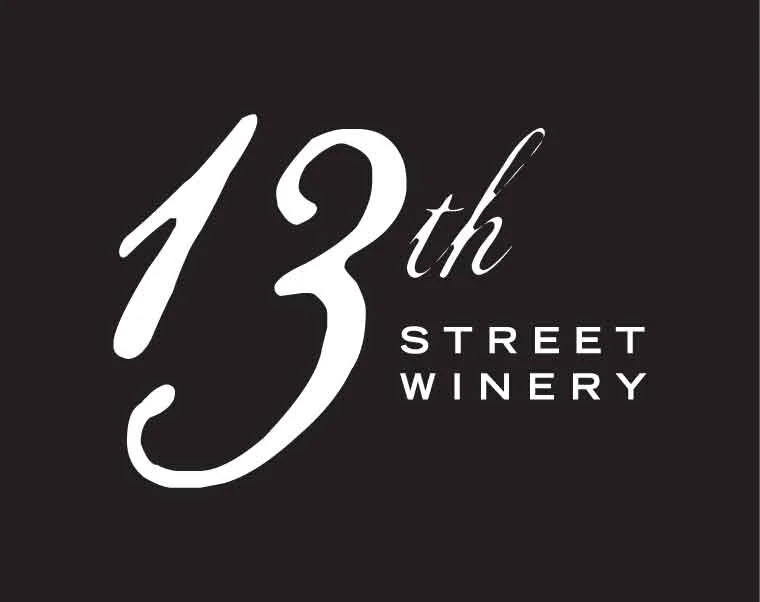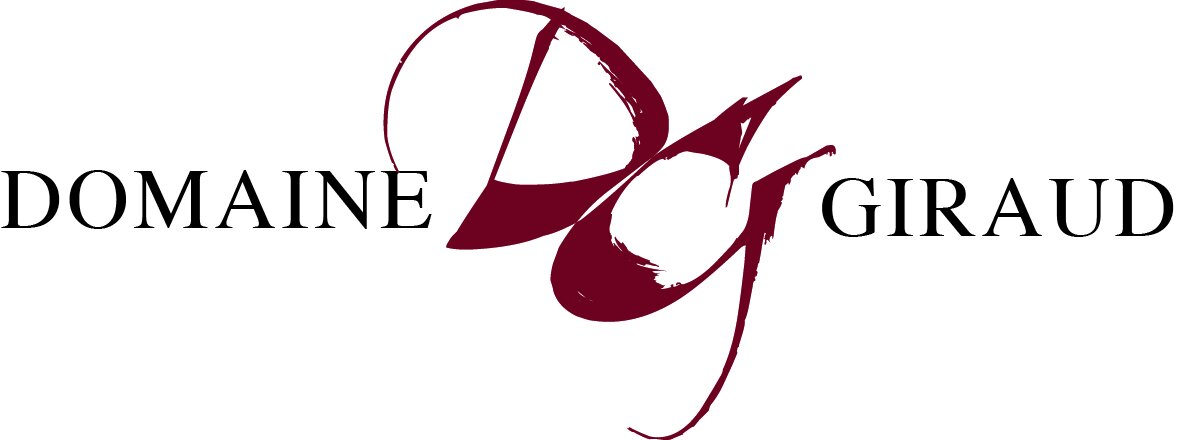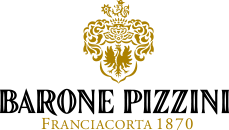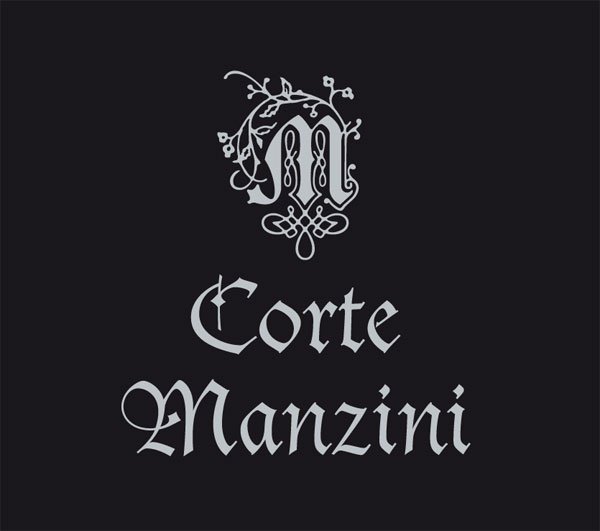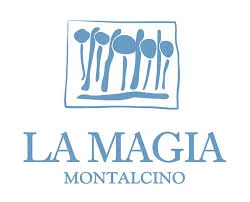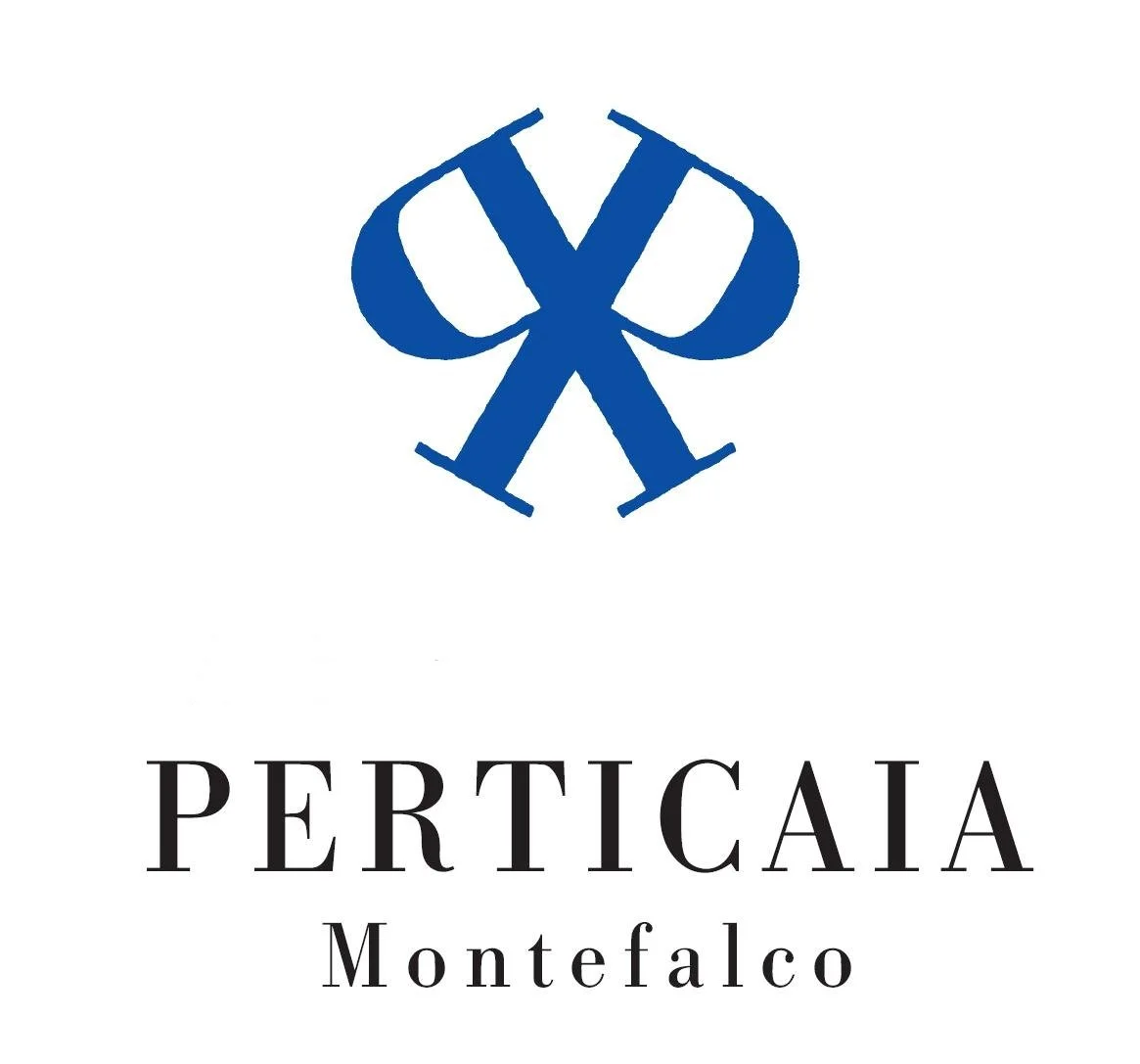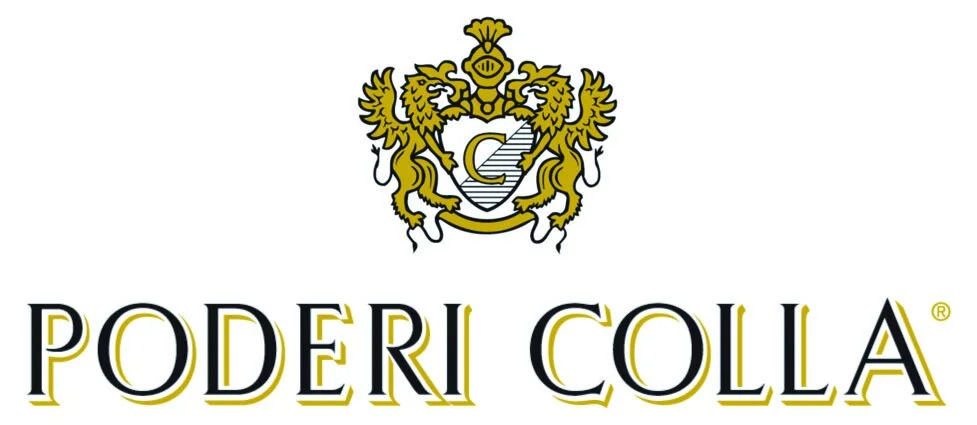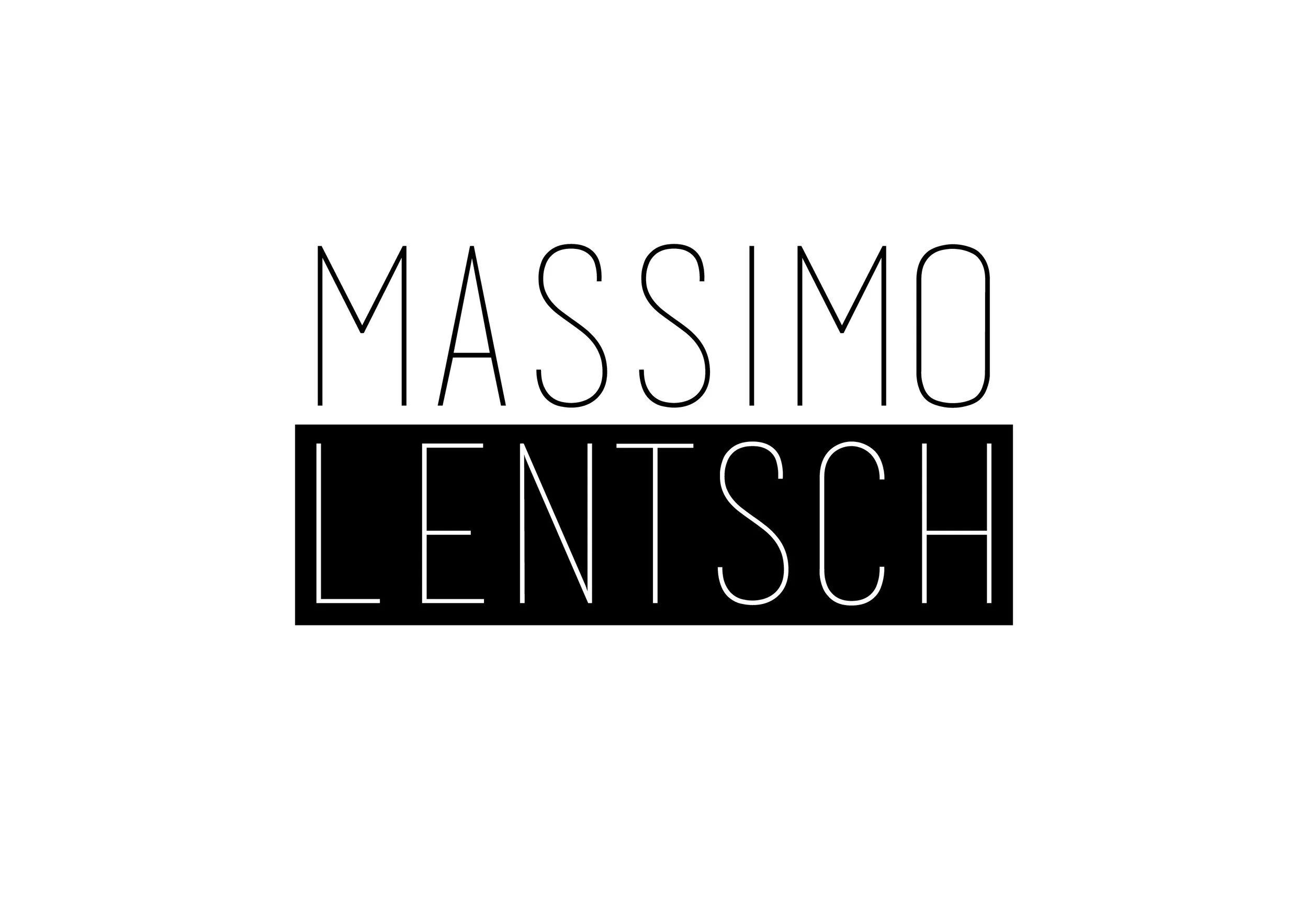.02
wines
Austria
GRUBER RÖSCHITZ -RÖSCHITZ (WEINVIERTEL)
The Gruber family has been growing wine in Röschitz since 1814. Today the winery is run by three siblings: Ewald, Winemaker; Maria, Sales; and Christian, Viticulture. The vineyards are organically-farmed and are in the process of obtaining official certification. The “wine spirits” that adorn the labels are a reflection of the creative, spirited, and confident team at the helm.
JOHANN DONABAUM -SPITZ (WACHAU)
Johann Donabaum is a small, high quality 4th generation producer located in the town of Spitz. Their main production is Grüner Veltliner and Riesling, with a tiny production of the rare and native Neuburger. Wild yeasts, extended lees contact and no-fining contribute to Johann’s rich, powerful style, while maintaining its elegance.
JOHANNESHOF REINISCH -TATTENDORF (THERMENREGION)
This fourth generation family run winery based in the village of Tattendorf is in the dedicated hands of three brothers: Johannes, Christian and Michael. Modern technology combined with organic winegrowing in the very best sites make for highly distinctive wines rich in varietal character and terroir.
KRUTZLER -DEUTSCH-SCHÜTZEN (SÜDBURGENLAND/EISENBERG)
Located in Southern Burgenland, this fifth generation, 12 hectare family estate produces only reds from mostly Blaufränkisch. The Krutzler family has received many national awards, including Best Red Wine of the Year from Falstaff, as well as international acclaim.
PRIELER -SCHÜTZEN (BURGENLAND/LEITHABERG)
This small family estate was established over 40 years ago. The Prieler family is devoted to a few specific grape varieties from the best possible sites. Red is mainly Blaufränkisch and white is predominantly Pinot Blanc and Chardonnay. Winemaking is led by the younger generation, Georg Prieler and his sister Silvia, with the assistance of their parents in the vineyard. Their wines have won numerous awards, as well as the family achieving Falstaff Vintner of the Year in 2009.
SATTLERHOF –GAMLITZ (SÜDSTEIERMARK -SOUTHERN STYRIA)
Family-owned and organically grown, this estate is combining its passion and experience with the innovation of its younger generation, Willi and Maria’s four children. Their Sauvignon Blanc in particular has been claiming national and international awards.
WEINGUT HIEDLER –LANGENLOIS (KAMPTAL)
Now in its fifth generation, Hiedler is one of the most historic wineries in the wine town of Langenlois. Ludwig Hiedler is a founding member of the association of Traditional Austrian Winemakers. Together with his two sons, Ludwig makes terroir-driven wines using sustainable practices and minimal intervention.
JOSEF FRITZ -ZAUSSENBERG (WAGRAM)
Josef Fritz is a fifth generation traditional winery with a modern outlook. Josef is a specialist of Roter Veltliner, a native Austrian grape variety, with 3 hectares with older, low-yielding vines planted. Prepare to be charmed by these absolutely delicious and rare wines!
WEINGUT MARKUS HUBER – REICHERSDORF (TRAISENTAL)
Markus Huber has achieved international admiration in recent years, drawing more attention to his region and fine wines. In 2015, he was awarded “Vintner of the Year” by Falstaff Magazine, Austria’s leading wine guide –just one of numerous prestigious awards. Despite all his accolades, he is humble; the wines speak for themselves! All of Markus’ estate wines are now certified organic, and a great value for the quality.
WEINGUT PITTNAUER –GOLS (BURGENLAND/NEUSIEDLERSEE)
Named Falstaff Vintner of the Year in 2014, Gerhard Pittnauer and his wife Brigitte produce honest wines of great character and quality. The vast majority of their production is red, specializing in St. Laurent, with Blaufrankisch, Zweigelt and Pinot Noir to complement. Pittnauer is a member of the association respeck-Biodyn, whose members are committed to producing the highest quality biodynamic wines. Additionally, they belong to a small group of Austrian producers called “Pannobile” who each produce a specific wine under this label each year.
BULGARIA
Edoardo Miroglio - Elenovo (Thracian Valley)
Bulgaria has been producing wine since the Thracian period, over 3,000 years ago. In 2002 Italian Entrepreneur, Edoardo Miroglio founded his winery in the Thracian Valley, located south of the Balkan Mountains. The specialty grape here is Pinot Noir (Nero) and traditional method (méthode Champenoise) sparkling wine, backed by other international grape varieties and native grapes such as Mavrud and Melnik. The entry range of wines and their second label, Soli (meaning “sun”) offer great value and quality. A move toward organic viticulture along with international awards, have given further validation to this incredible project.
canada
13TH Street Winery -Niagara Peninsula (Ontario)
Founded in 1998 by four amateur winemakers, the winery was subsequently purchased in 2008 by John & June Mann and Doug and Karen Whitty. Doug and Karen Whitty and John Mann all have agricultural backgrounds. At the helm of winemaking is Jean Pierre Colas from France, previously of Domaine Laroche in Chablis, where he was awarded White Wine of the Year from Wine Spectator Magazine in 1998. Most recently, the 2017 Niagara VQA Gamay from 13th Street Winery received 92 pts from Wine & Spirits Magazine in the US. The approach to farming is minimal intervention, with low yields.
Bench 1775 -Naramata/Okanagan Valley (British Columbia)
Winemaker and Viticulturalist, Val Tait, joined the winery in 2013. With degrees in plant biochemistry and enology and viticulture she is a wealth of expertise. Her winemaking philosophy is to allow the wine to express the unique site in which the grapes are grown. Bench 1775 also owns the Paradise Ranch collection of late harvest and ice wines, as well as the Whistler label created for the 2010 Winter Olympics. The winery’s varied selection of table wines, late harvest and ice wines have received numerous local and international awards.
france
Domaine Giraud -Châteauneuf-du-Pape (Rhone Valley)
Marie & François Giraud took over production at their parents’ estate in 1998 and now manage 35 hectares, which they converted to organic in 2008. They have received much acclaim for their wines, including a single vineyard Châteauneuf-du-Pape (Galimardes) and a 100+ year old vine Grenache. History, terroir, and respect for the land all play a key role in each wine.
dOMAINE DU Château PHILIPPE LE HARDI -Santenay (Burgundy)
A historically important Château, dating back to the 9th century. In the 14th century the Duke of Burgundy, Philippe le Hardi, resided here and signed a document which initiated Pinot Noir as the single red varietal in the region. Today, the domaine is one of the largest in Burgundy, with 90 hectares of vineyards across 14 different appellations. Sustainable growing practices have been used for over 20 years and in 2014 the domaine became certified by Terra Vitus.
Germany
SYBILLE KUNTZ WEINGUT –LIESER (MOSEL)
Located on the steep hillsides of Lieser, Sybille Kuntz grows 15 ha of vineyards, which have been eco-certified since 2013 and Demeter certified (biodynamic) since 2016. Sybille produces a predominantly dry (trocken) style of Riesling, somewhat of a departure from the norm in Germany, but then, her wines are anything but simply “normal”. Her dedication to quality and her unique style are very evident in the first sip of her mouth-watering, delicious, food-friendly wines.
HungarY
zsirai –Mád (Tokaj & Villány)
Established in 2005, this family-owned winery is run by sisters Petra and Kata, along with their Mother. Based in the town of Mád in the Tokaj region, the family also owns vineyards in Villány and Somló with a total of approximately 15 hectares. Production includes the famous Aszú sweet wines from Tokaj, as well as late harvest and dry Furmint and Hárslevelű. In Villány, in the far south Pannon region, fruit-forward reds produced. The Zsirai family is currently experimenting with organic vineyard management. All wines are spontaneously fermented using native yeasts.
HEIMANN & FIAI - (Szekszárd)
The Heimann family has been for years, one the leading red wine producers of Hungary. Zoltán and Ágnes Heimann returned to the agricultural past of the family. Their elder son, Zoltán Jr. joined them after his studies in Germany, France and Italy. The Heimann family have started conversion to organic cultivation of the 25 hectare vineyards in 2019.
With his brand new collection of wines, Zoltán Heimann Jr. gets right down to the autochthonous expression of his homeland in the southern Hungarian town of Szekszárd. He has vinified sophisticated and expressive wines of origin from the most exciting vineyards, where the delicate Kadarka and spicy Kékfrankos provide him with the best material. The artistic label shows the path that Heimann & Fiai will tread: via the best wine bars from San Francisco to Moscow!
ITALY
BARONE PIZZINI-Provaglio d’Iseo (LOMBARDY)
With farming roots dating back to 1870, Barone Pizzini is among the first wineries in Franciacorta to help establish the DOC in 1967. Its first Franciacorta was produced in 1971 and was certified organic in 2012. Barone Pizzini has received numerous awards for its wines and sustainable practices, including “Best Organic Wine in the World” by the International Wine Challenge in London for its Franciacorta Rosé.
Corte Manzini -Castelvetro (Emilia-Romagna)
Founded in 1978 by Manzini Brothers Lodovico, Lorenzo, Giordano and Ruggero and still family-run today. Ten hectares are hand-harvested, with low yields and farmed organically. A range of Lambrusco Grasparossa are produced in the province of Modena.
FONTANAVECCHIA -TORRECUSO (CAMPANIA)
With over 160 years of winegrowing tradition, the Rillo family estate covers 18 hectares and is managed by Libero, with his father Orazio, and brother, Giuseppe. They are located in the Sannio district in the province of Benevento, at the foot of the Taburno Mountains. Falanghina and Aglianico are the focus grape varieties, along with other native grapes such as Greco and Piedirosso. Libero further utilizes his knowledge and expertise of the Sannio area by presiding over their local consortium.
Pievalta -Maiolati Spontini
(LE MARCHE)
Founded in 2002 by Silvano Brescianini, partner & CEO of Barone Pizzini in Franciacorta and joined by partner and enologist, Alessandro Fenino. There are a total 26.5 hectares of estate grown vines in the Castelli di Jesi area, consisting mostly of Verdicchio, and a small parcel of Montepulciano. The vineyards are farmed organically and biodynamically, and have been vegan certified since 2009.
La Magia -Montalcino (TUSCANY)
Founded over 40 years ago by the Schwartz family, originally from the Alto Adige, the winery is now managed by son and enologist, Fabian. The family were pioneers in organic viticulture in the area and in 2012 they became certified organic. The cellar is fully self-sustainable in energy. Among accolades is the recent review from James Suckling for the 2012 Brunello: #7 out of the Top 25, with 96 points.
Terenzuola -Fosdinovo (Tuscany/Liguria)
Led by Ivan Giuliani since 1993, the Terenzuola vineyards span roughly over 20 hectares from the diverse soils of the Colli di Luni area in Northern Tuscany to the high-density terraces of the Cinque Terre in Liguria. All grapes are hand-harvested using organic methods.
Serafini & Vidotto -Nervesa della Battaglia (Veneto)
A collaboration between Francesco Serafini (oenologist) and Antonello Vidotto (viticulturist), founded in 1986 in the Eastern province of Treviso. They are well-known for their quality Bordeaux-styles wines, as well as Pinot Noir (Nero) and rare native varieties. The estate also produces Prosecco, as they are located in the heart of Prosecco country. The idyllic location of their vineyards, their devotion to natural farming and immaculate care in the winery result in truly world-class wines.
perticaia - Montefalco (UMBRIA)
Perticaia is owned by the Becca family, while the winemaking is in the hands of renowned winemaker, Paolo Salvi. The name of the winery stems from the archaic language of Umbria, meaning “plow”. Perticaia consists of 50 hectares of vines, which are managed organically.
Tenuta di Castellaro -Quattropani (LIPARI/SICILY)
This family-owned winery is located on the Aeolian Island of Lipari, just north of Sicily. All 9.5 hectares of certified organic vines are bush-trained and densely planted, using only native grape varieties. The winery itself has zero impact on the environment by utilizing solar and wind power. From Sicily, an Etna Rosso DOC wine is also produced from a tiny plot using native red grape varieties.
Poderi Colla -Alba (Piedmont)
The Colla family has an extensive history in the Langhe region, dating back to the 1700’s. Most notably, Pietro Colla (born in 1894) was one of the pioneers of traditional method sparkling wine production and his son, Beppe was the first in the Langhe region to vinify vineyard designated wines separately. Beppe also took over the Prunotto property in 1956 and rose it to fame until he and his brother, Tino sold it to the Antinori family in 1994. Poderi Colla was subsequently formed by Tino Colla and his niece, Federica, uniting their 3 family properties.
Abbia Nòva -Piglio (Lazio)
Located about 70 km east of Rome in the town of Piglio is Abbia Nòva, a 7 hectare property led by one of the region’s most ambitious producers: cousins Daniele and Pierluca Proietti. Ancient native grape varieties such as Passerina and Cesanese are grown in the top sites using organic and biodynamic principles. Vinification takes place in a variety of vessels, from stainless steel, to concrete, to amphoras and glass. Production is currently about 20,000 bottles per year.
Cantina Girlan -Cornaiano (Trentino-Alto-Adige)
Cantina Girlan is a cooperative winery located in the Alto Adige (South Tyrol/Südtirol) region, dating back to 1923 with 23 winegrowers. Today the winery belongs to 200 winegrowing families on a total of 230 hectares; hence, each grower farms an average of 1,15 ha. Grapes are harvested by hand and sustainable methods are utilized to protect the soil and overall environment. Native grape varieties, such as Pinot Bianco, Pinot Noir and Vernatsch (Schiava) are the focus.
MASSIMO LENTSCH - RANDAZZO (SICILY)
Massimo Lentsch is the owner of Tenuta di Castellaro on Lipari Island and Sicily. He has applied his passion and experience to create a new Etna project - a line of wines bearing his name, made from native varieties, Carricante and Nerello Mascalese. Massimo’s goal is simple: to produce the highest quality wines of the area, that exude freshness and elegance through their unique terroir. This is accomplished with the utmost respect for the land and environment.
Mazzarosa -Roseto degli Abruzzi (Abruzzo)
Estate grown grapes from 37 hectares, farmed using organic and low-intervention methods. The 6th generation family cellar is located in the Borsacchio Nature Reserve, six kilometers from the coast, in the province of Teramo, and is one of the oldest buildings in Abruzzo.
Spain
Bodegas Moraza – San Vicente de la Sonsierra (Rioja)
Family-owned for 6 generations, Bodegas Moraza is located in San Vicente de la Sonsierra and Àbalos in the Rioja Alta subregion. The vineyards are organically grown, and in 2021 the winery was certified biodynamic by Demeter. All wines are made exclusively from their 23 hectares of vines. Using native varietals only, the wines are made in a fresh style, with lower alcohol and no oak.












